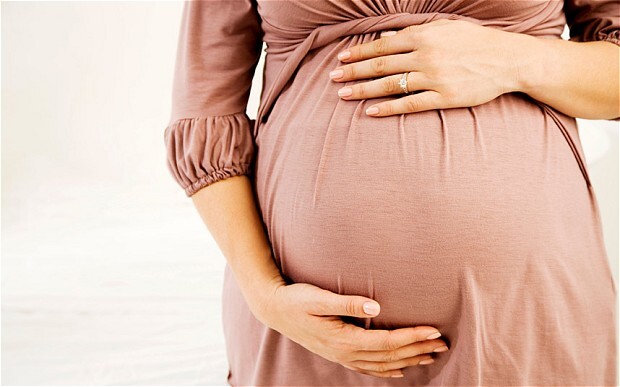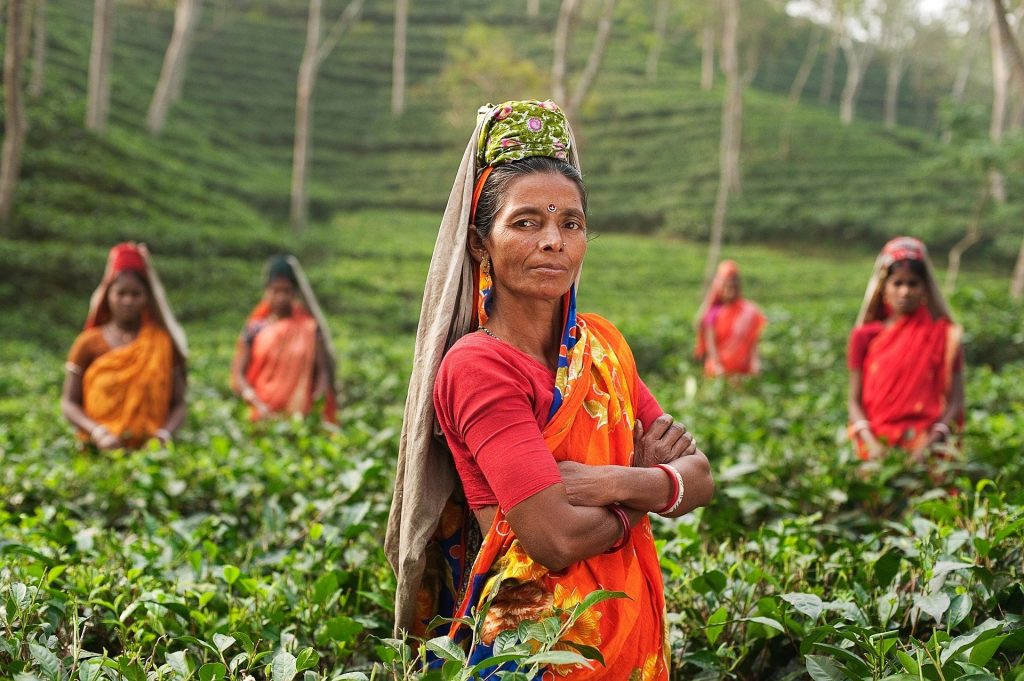By Malavika Rajkumar


Maternity benefit is the payment that is provided to a woman when she is going to have a child. It helps protect the rights of women employees during pregnancy and provides them with paid leave so that they can take a break from work. It also protects the jobs of women during this leave since they cannot be dismissed during this period by their employers.
Maternity benefits are covered by the Maternity Benefit Act, 1961 or the Employees’ State Insurance Act, 1948 if applicable.
Taking into consideration the various issues faced by the women during childbirth and the period leading up to it, Maternity Benefit Act 1961 was amended in 2017. The main development brought by the 2017 Amendment is that:
- The maternity leave period has been enhanced from 12 weeks to 26 weeks. However, a woman who already has two or more surviving children is entitled to only 12 weeks maternity leave instead of 26 weeks.
- It is also important to note that these leaves can be taken maximum of 8 weeks prior to the childbirth and rest of the leaves can be availed after the childbirth.
Various countries provide different durations of maternity leave. However, the duration of leave varies across different countries. Check out this PRS graph to see a comparison of maternity leave available in different countries.
Can You Get Maternity Benefit?
You can seek maternity benefits if you are a woman and if you are:
- Pregnant for the first time
- Pregnant and already have one child
- Pregnant with 2 children
- Adopting a child below the age of 3 months
- Having a child through a surrogate
- Recovering from a miscarriage, abortion or tubectomy operation
You can enjoy maternity benefits such as taking a period of leave and getting paid during this period. However, you can only enjoy such benefits if you have worked for an employer for a minimum of 80 days in the last 12 months before your delivery. This applies to all women who are pregnant, irrespective of age or marital status. However, this shall not apply to a woman who has immigrated into the State of Assam and was pregnant at the time of the immigration.1
Currently, under the law, only women can seek maternity benefits under Maternity Benefit Act, 1961. Men or persons who identify with other genders do not have an option to seek the benefits under this law. However, employees working in the public sector get certain paternity leave benefits. Male employees with less than 2 surviving children get a leave of 15 days to take care of their newborn/ adopted child. A man can avail this leave 15 days before delivery, or within 6 months from the date of delivery of the child. The payment during the leave will be equal to the pay last drawn immediately before proceeding on leave.
However, this concept does not exist for private-sector employees, unless specific companies allow for it. You can check with the internal policy of your organisation as it may provide for gender-neutral pregnancy leaves or paternity leaves.
The proposed Paternity Benefit Bill, 2017 seeks to protect the paternity rights of working men, but it has not been passed yet.
Workplaces Covered
The Maternity Benefit Act will apply to you if you work in:
- Any establishment such as a factory, mine or plantation, including government establishments
- Every establishment where people are employed for the exhibition of equestrian, acrobatic and other performances
- Every shop or establishment in which 10 or more people were employed and which is covered within the laws of the state
- Any other establishment or class of establishments, industrial, commercial, agricultural units etc. that the state may notify.
However, if your workplace is covered under the Employees’ State Insurance Act, 1948, then the maternity benefits under that law shall apply to you. You can read more here.


Types of Employment
Let’s take a look at different types of employment and whether women working in such sectors are eligible for maternity benefit.
Regular employee
In 2013, the High Court of Uttarakhand in the case of Indu Joshi vs. State of Uttarrakhand and Ors, stated that “Maternity benefit does not differentiate between permanent, temporary and contractual employees, so denying the benefit to any type of worker is against the law.”2 For example if you are a full time government employee, then you can get maternity benefits.
Casual/ Muster Roll Employee
There have been many instances where women on causal or muster rolls, that is to say, on daily wage basis for doing various works in projects like construction of buildings, digging of trenches, making of roads, etc. have been denied maternity benefit.
Out of the numerous cases that have gone to Court it is important to know some important points:
- The famous case of Municipal Corporation of Delhi vs Female Workers (Muster Roll) and Ors. by the Supreme Court in 2000 held that the activity of Delhi Municipal Corporation of construction or road repairs or digging of trenches fall within the definition of ‘industry’ hence, women working in muster roll should be given the benefit of the maternity benefit law.
- In 2015, the Central Administrative Tribunal, Principal Bench At New Delhi in the case Swati and Ors. Vs. Government of NCT of Delhi and Ors. held that even women engaged on a casual basis, or on a muster roll basis on daily wages, are entitled to get the benefit of maternity leave at par with regular employees.3
- In 2001, the High Court of Rajasthan in the case of Geeta Sharma vs. Union of India held that to avail maternity leave is a right of a lady employee as per law and that even the women engaged on casual basis or on muster roll basis employees daily wages are entitled to the maternity benefits. The Court specifically stated that depriving such employees from maternity leave and removing from service is unconstitutional.
Contractual Employee
Maternity leave benefits are also accorded to contractual employees.
In 2017, the High Court of Madhya Pradesh in Priyanka Gujarkar Shrivastava vs. Registrar General and Ors held that all the leave rules applicable to regular employees by the State Government should also be applicable to casual employees and temporary employees working in the State of Madhya Pradesh. This means that employees with contracts are also entitled for maternity benefit.
In 2019, the Kerala High Court in Jeslin Jose vs. Cochin Port Trust held that contractual employees are also entitled to 26 weeks of maternity leave.
However, there have been Delhi Hight Court cases like Bharti Gupta vs. Rail India Technical and Economical Services Ltd. (Rites) and Ors. (2005) and Kavita Yadav vs. The Secretary, Ministry of Health and Family Welfare Department (2019) where it has been specifically stated that a woman cannot avail maternity benefits after the expiry of the contractual period.
Please note that If an employer does not pay you the maternity benefit amount or dismisses you during your maternity leave, then he can be punished with imprisonment for up to one year and with a fine of up to five thousand rupees.
If you are facing trouble while seeking the benefit or for any other maternity-related reason, you have a right to file a complaint. Read more here. If you would like to read more on maternity benefits and leaves, check out more information here.
______________
Malavika Rajkumar is the Content Lead at Nyaaya. Views are personal.
- Proviso, Section 5(2), The Maternity Benefit Act, 1961[↩]
- Indu Joshi vs. State of Uttarakhand and Ors. 2013 (139) FLR 439; Rachna Chaurasiya vs. State of U.P. and Ors. 2017 (6) ALJ 454[↩]
- Anju Sharma vs. Lt. Governor, NCT of Delhi and Ors. In The Central Administrative Tribunal Principal Bench At New Delhi O.A. No. 543/2011; Municipal Corporation of Delhi vs Female Workers (Muster Roll) and Ors. AIR 2000 SC 1274; Geeta Sharma vs. Union of India RLW2001(4) Raj 637.[↩]


